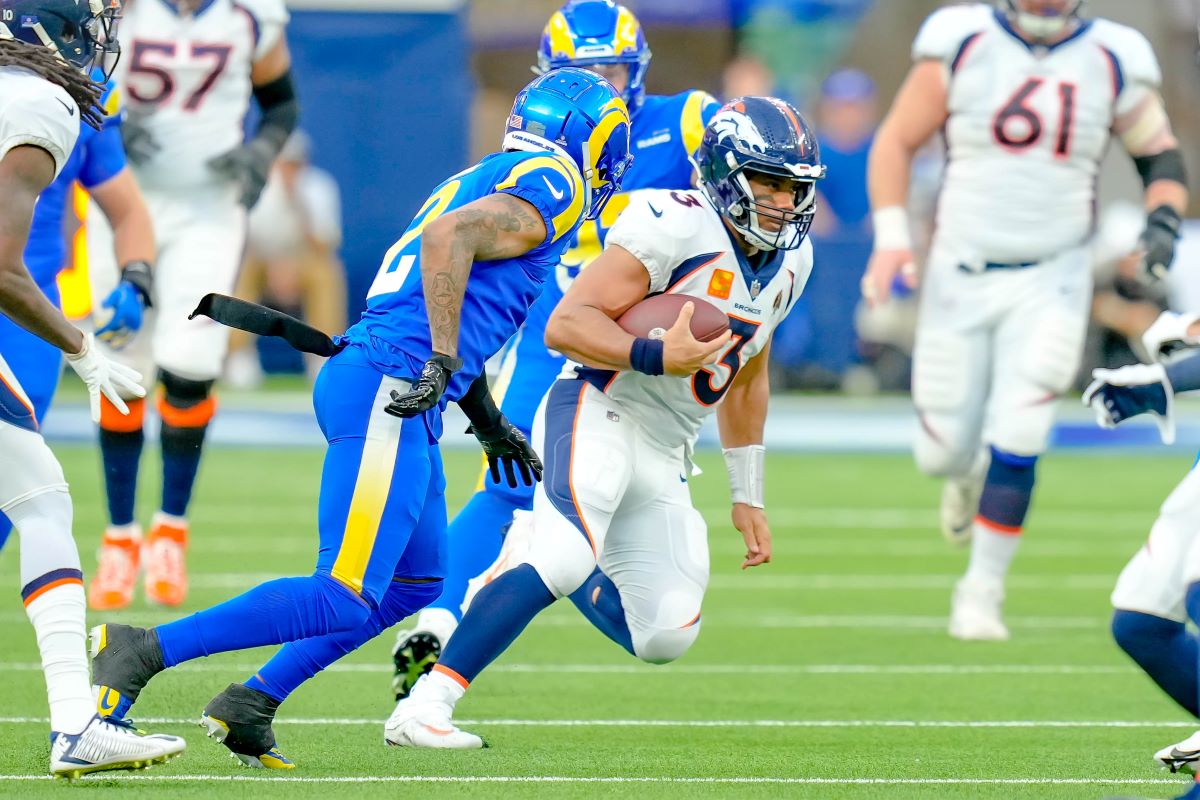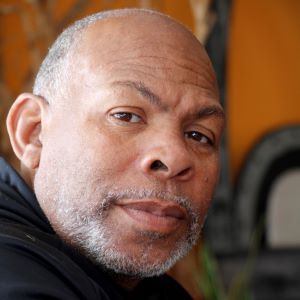(News4usonline) – So many stories are going to be coming out about the fact that both opponents in Super Bowl LVII will be led by Black quarterbacks. This historic achievement has been a long time coming.
It should be applauded as that kind of moment in American history that for the first time in the history of the NFL and the Super Bowl, two Black men will be seen as the leaders of their franchise on the ultimate stage in sports.
Yes, this is a big deal. Why? Well, structural racism for one. The breakthrough of the Black quarterback has been a long and hellacious journey. The NFL is a reflection of society on many levels. With Jim Crow permeating the 1960s and 1970s, Black Americans had a bootlegger’s chance of playing quarterback.

During that era, Black Americans were seen as second-class citizens, let alone having the privilege to be a leader of men, especially white men. That just was not happening. The change has been slow for individuals aspiring to be a quarterback in the NFL. Marlin Briscoe was the first Black quarterback in the modern era when he got some time under center for the Denver Broncos.
The trickle down effect became evident when Joe Gilliam snatched the starting quarterback job away from Terry Bradshaw to lead the Pittsburgh Steelers. James “Shack” Harris held it down for the Los Angeles Rams. One by one, each year, a prospect would raise some hope, only to be negated by that bug of not being elevated just because of the color of their skin.
Playing quarterback in the NFL for Black Americans is equal to trying to bust up school segregation in Little Rock, Arkansas. It’s been hard to do. Black quarterbacks have had little or no chance of getting that opportunity. Luckily, progressive minds started to overlook that old way of thinking that Blacks are not able to lead.

Think about it. There have been tons of highly skilled Black quarterbacks that have been flipped to wide receiver or running back because their “athletic” talents could best be used to run down the field. Run. Don’t think. Run. Didn’t slaves run to escape to freedom and from being held against their will?
Is there a parallel between playing football to slavery? Yes, there is. Black people were killed, castrated, or both, trying to educate themselves. Slave owners did not want their slaves to read to keep them ignorant. If they read they then could become their equals in the mind. The mindset is to think or to make rational decisions, something quarterbacks do all the time.
Quarterbacks are the brain trust of an organization. They lead. On and off the field. You can’t lead if you’re always running. The Black quarterback refuted that notion. They run. They can throw. They have proven that they can lead.
And yet, Black quarterbacks continue to be somewhat of a novelty act, much like Black head coaching candidates. It’s almost like an experiment when they are on the field.
Black quarterbacks started to create more buzz Randall Cunningham and Warren Moon came on the scene. Kordell Stewart (Pittsburgh Steelers), David Garrard (Jacksonville Jaguars), Shaun King (Tampa Bay Buccaneers), Aaron Brooks, Steve McNair, and Michael Vick arrived, and things started to shift in a different way in the NFL.
Now there is a good influx of Black quarterbacks playing in the NFL. There’s bound to be more. That’s because the style of the game has changed. Vick turbocharged this dramatic shift. The electric magic of Vick on the football field has given way to a younger breed of quarterbacks, regardless of color, that wanted to be just like him.
If you can get past the dogfighting thing, Vick changed the quarterback position like the way Lawrence Taylor changed the linebacker spot. All the quarterbacks, from Pop Warner to the pros, have wheels. Everybody can scoot. That’s the impact of Vick and the Black quarterback. Lamar Jackson of the Baltimore Ravens is basically Vick’s clone gone up a couple of notches.
Patrick Mahomes of the Kansas City Chiefs and Jalen Hurts of the Philadelphia Eagles will be forever linked to one another, regardless of the outcome of the game itself. So how did we get here? Why did it take so long? Have there been Black quarterbacks in the past that have played in the Super Bowl?
Yes. However, those numbers are basically like trying to sift wheat. Doug Williams. Steve McNair. Donovan McNabb. Colin Kaepernick. Mahomes. Cam Newton. And now Hurts, who is a third-year player for the Eagles. Williams, Mahomes and Russell Wilson are the only Black quarterbacks that have tasted Super Bowl glory.

The emergence of the mobile quarterback will likely increase those numbers in the future. But that depends. The success of any quarterback is the support system around him and having a scheme that is tailor-made around his skillset. It’s all about what does a quarterback does best and putting in a system for that individual that will allow him to flourish. Mahomes is in the right system with Andy Reid and the Chiefs. Ditto for Hurts.
This is Mahomes’ third Super Bowl appearance. He has played in five AFC Championship games. This is an example of a system working in concert with the skills of the quarterback. While Hurts is playing in his first Super Bowl, he and the Eagles have had a dominant season due to the Philadelphia coaching staff coming up with a plan that would put their young signal-caller in a position to succeed.
The path of the Black quarterback is a reflection of the present reaching back to the past.
Featured Image Caption: Oct. 3, 2021. Arizona Cardinals quarterback Kyler Murray (1) firing one of 32 attempted passes against the Los Angeles Rams. In the Cardinals’ 37-20 win, Murray completed 24 passes for 268 yards and two touchdowns. Photo credit: Mark Hammond/News4usonline

Dennis has covered and written about politics, crime, social justice, sports, and entertainment. Dennis currently covers the NFL, MLB, NBA, NCAA, and Olympic sports. Dennis is the editor of News4usonline.com and serves as the publisher of the Compton Bulletin newspaper. He earned a journalism degree from Howard University.

